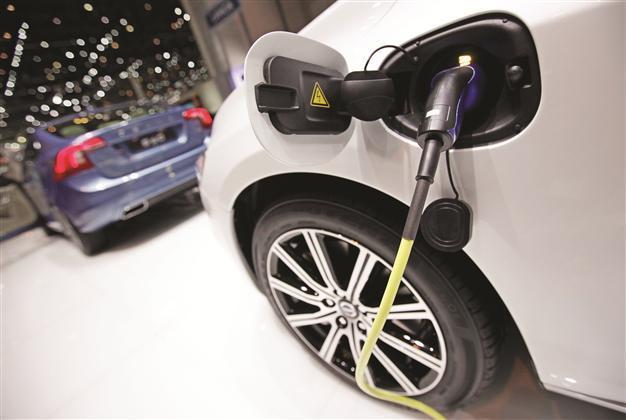Fuel efficiency law to spur EU growth: Study
BRUSSELS - Reuters

The legislation proposal on fuel efficiency might be the savior of the European economy by creating jobs and slashing fuel costs, a report says. REUTERS photo
Proposed European legislation on auto fuel efficiency, to be debated this week, could create around 400,000 jobs and save the bloc tens of billions of euros in annual fuel costs, according to a new study.The fuel efficiency proposals, set for an initial vote in European Parliament today, have split the industry. Germany, home to luxury carmakers, has pressed for supercredits, which the European Commission says would dilute its plans.
British-based consultancies Cambridge Econometrics and Ricardo-AEA, using Commission and industry data, found that more fuel-efficient cars and vans could save the bloc 57 billion to 79 billion euros ($74.5-$103 billion) per year in fuel costs.
“The results suggest that if a cost-effective transition to fuel-efficient cars can be realised, it will generate jobs across the European auto sector and its supply chain, as well as improving the spending power of European consumers,” Phil Summerton, the research project coordinator at Cambridge Econometrics, said.“It will also reduce Europe’s dependency on oil imports and the economy’s exposure to possible increases in future oil prices.”
Rather than helping to finance development of fuel supplies beyond Europe, more efficient conventional engines as well as hybrid and battery-powered cars and vans would generate between 356,000 and 443,000 jobs by 2030 compared with business as usual, the consultants estimated.
Ireland, holder of the rotating EU presidency, wants to get agreement on a new auto law before the end of June, following the Commission’s publication last year of plans to implement a goal of 95 grams per kilometer (g/km) on average across the EU car fleet by 2020. That compares with an earlier target of 130 g/km by 2015.The Commission says it is pushing for a low-carbon Europe that is less dependent on oil imports, which currently cost the European Union roughly 1 billion euros a day.
















